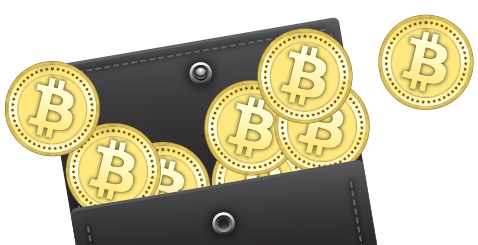Bitcoin’s much-anticipated Lightning Network is now compatible with seven different payment networks.
Today, blockchain services firm Bitfury and payments network provider Ripple are releasing new code that makes it possible to conduct Lightning-style transactions across a range of both blockchain and legacy payment networks. While still in its early stages of deployment, it’s believed the Lightning Network could one day expand bitcoin’s capacity to millions of transactions by moving those transactions off of the main bitcoin blockchain.
However, today’s news arguably goes a step further, adding weight to the idea that the top-layer payments network isn’t just a tool for bitcoin.
The two companies released a demo showcasing how the new technology can be used to make a transaction between bitcoin and litecoin, the two blockchain networks which have arguably made the most progress in developing the Lightning Network.
Since Lightning is increasingly perceived as a necessary layer for blockchain transactions, the companies view this as a big step toward a future where users won’t have to worry about which payment method they’re using.
Ripple CTO Stefan Thomas told CoinDesk:
“I shouldn’t have to care which particular coin you use or like. If you’re on PayPal and I’m on Alipay or if I’m on bitcoin and you’re using a bank account, I’ll still be able to send you money and not worry about it. That’s the long-term goal.”
Interledger addition
Honing in on Ripple and Bitfury’s work more specifically, the companies have released code that integrates the Lightning Network with Interledger, a protocol designed by Ripple for making transactions between different types of blockchains.
This means it’s compatible not only with public blockchains like bitcoin or ethereum, but with permissioned protocols managed by only a few companies, as well as traditional payment methods such as PayPal. Interledger aims to support transactions between all of these services by offering a type of “payment-agnostic” escrow service.
The W3C initiative made its first successful transaction across these various types of payment methods earlier this summer, but the new part here is that the Lightning Network can now sit on top of this infrastructure.
“Lightning natively supports transactions across different blockchains, but it cannot make transactions to any central ledger or to PayPal. That’s why integration of Interledger is very, very useful for Lightning,” said Bitfury researcher Viacheslav Zhygulin.
Because litecoin and bitcoin already support test versions of the Lightning Network, the group successfully tested transactions there. (And, you can try it out using the open-source software, too.)
Right now, it only works on the “testnet,” a sandbox version of the blockchain used to trial new features and applications, but Thomas said that the functionality will work similarly on mainnet (the live bitcoin network) once it’s safe to deploy it there.
In the process of developing the product, the two companies also developed a different testnet – what Thomas called a “permanent testnet for testnets” – that cuts across different blockchains as well.
Missing ingredients
Still, while the technology has now been released, there’s work to be done to make the technology usable. For example, there are currently no Lightning Network implementations deployed on top of permissioned blockchains that could take advantage of this newfound interoperability.
Bitfury representatives argued, though, that the framework sets up the necessary infrastructure for the future.
Additionally, Thomas noted that future success of the protocol depends on how many clients ultimately choose to adopt Interledger and Lightning Network technology.
Still, the two companies described it as a big step towards moving money across different types of payment networks. And, since bitcoin and litecoin have near-completed Lightning Networks to work on the mainnet, it might not be long before users make real transactions between the two.
Longer-term, Thomas indicated that the goal is to move beyond the payment networks that Interledger currently supports to encompass perhaps all of them.
He concluded:
“After being involved in the community for so long, I’ve found that the missing ingredient – the one thing that’s missing – is interoperability. Not just with the blockchain, but with central ledgers and more generally interoperability in the financial system.”











